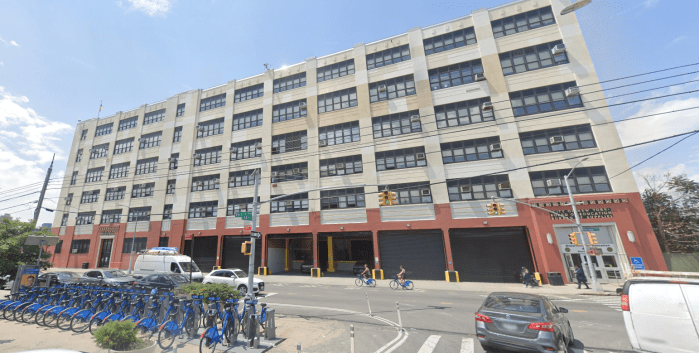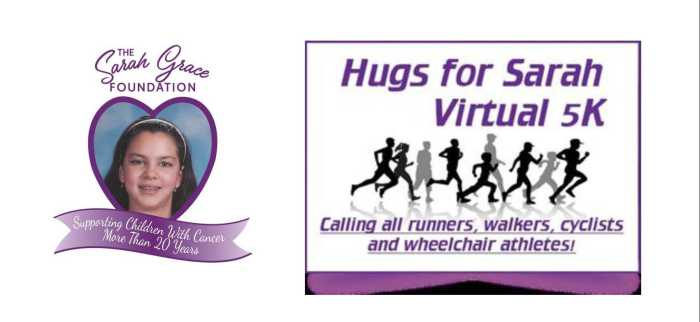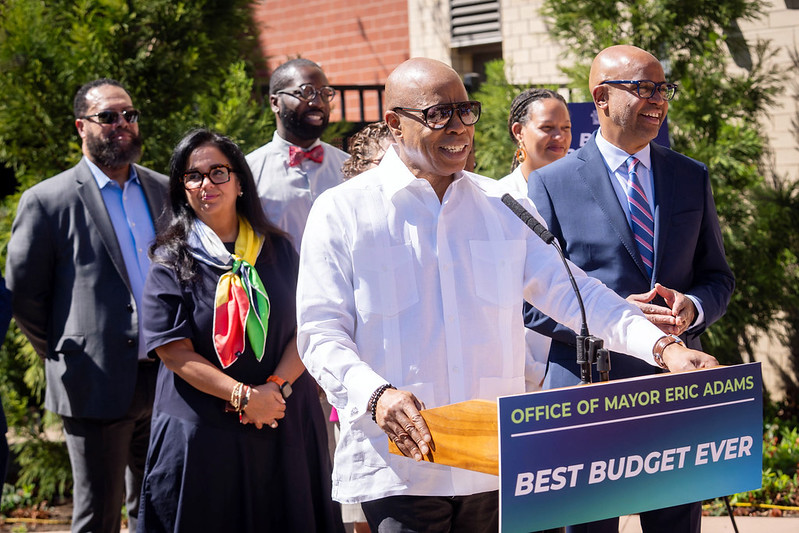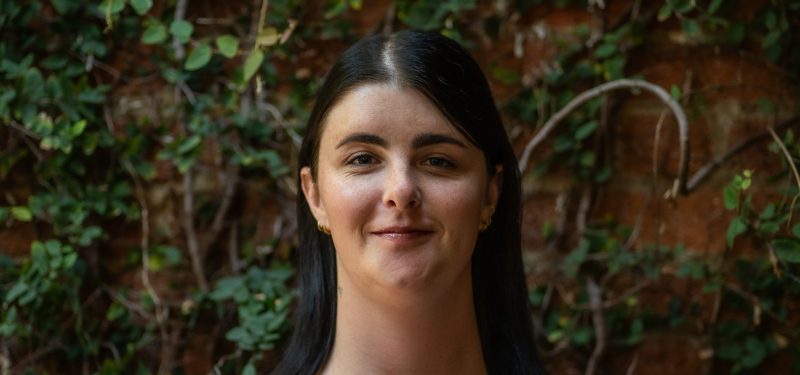By Rich Bockmann
Valerie Williamson smiled when she read the agreement her landlord had just signed in Queens Housing Court acknowledging he had illegally evicted her from his Jamaica boarding house.
“I’m satisfied because I proved my point,” she said. “I’ve seen him do that to a lot of people.”
Williamson’s point, and the one that her lawyers argue, is that residents of the so-called three-quarter houses Yury Baumblit operates, including the one at 144-01 Lakewood Ave., are his tenants’ and their rights as such need to be acknowledged.
Three-quarter houses, unlike halfway houses, are not licensed to provide rehabilitative services to residents. But Bamblit’s critics say he sees those living in his buildings as clients in his unlicensed transitional-housing program — clients he can “discharge” for, among other reasons, violating the house rules he requires them agree to.
Tanya Kessler, an attorney with MFY Legal Services, represents Williamson both in Housing Court and as a plaintiff in a class-action lawsuit against Baumblit, claiming he makes false promises to help some of society’s most vulnerable get back on their feet, only to kick them back out on the street once he can no longer cash their public assistance checks.
Williamson said she became homeless after her father died and she had to leave his Jersey City apartment.
The 44-year-old mother of six admitted that her checkered past, which includes marijuana use and convictions for trespassing and loitering, have led to her troubles. She said she was fired in November from her job as a cashier at the Century 21 department store in Manhattan when her employer discovered her criminal record.
Unemployed and homeless, she went to a hospital in the Bronx, where she said Baumblit promised her a bed in an apartment with four women, and after 90 days of completing his program he would help her find permanent housing.
Williamson said when she arrived she was shocked to find more than 10 women sleeping in bunks in the second-story apartment and attic as well as mold, infestation and inadequate heat.
“It’s a shack, but at the moment it’s all I can get,” she explained.
The city Human Resources Administration pays Williamson’s rent, and the state Office of Alcoholism and Substance Abuse Services pays for her participation in a drug-treatment program she attends in Coney Island five days a week.
Kessler’s suit claims many three-quarter house operators get kickbacks from the substance-abuse programs their residents attend, and once they can no longer collect the public-assistance checks, they discharge — or as Housing Court Judge Ulysses Leverett saw it — illegally evict the tenants.
Leverett signed the agreement in which Baumblit said Williamson would be allowed back in his building and admitted that he had, in fact, illegally evicted her.
The City Council has acknowledged both the need for appropriate transitional housing and the perils present at unregulated three-quarter houses.
In 2010, the Council and the city Department of Homeless Services initiated a program that prevented the city from referring adults from homeless shelters to housing deemed unsafe or inappropriate by other city departments.
Councilman Ruben Wills’ (D-Jamaica) district includes the house on Lakewood Avenue, and he said minority communities such as his often receive an unfair proportion of DHS referrals.
As a member of the Council Committee on General Welfare, Wills said he was working on legislation to increase oversight on three-quarter houses.
“I’m getting a little tired of these undesirable houses being placed in our community,” he said.
“Three quarter houses have a history of treating [residents] not as tenants and evicting them without taking them to housing court,” he said. “The issues go a lot deeper than this particular three-quarter house.”
Williamson said her illegal eviction was the result of her participation in the lawsuit, but said it will not deter her.
“Everyone asks me why I do it,” she said. “[Baumblit’s practices are] not right, and I know my rights. I’m not going to be intimidated.”
Reach reporter Rich Bockmann by e-mail at rbockmann@cnglocal.com or by phone at 718-260-4574.




































